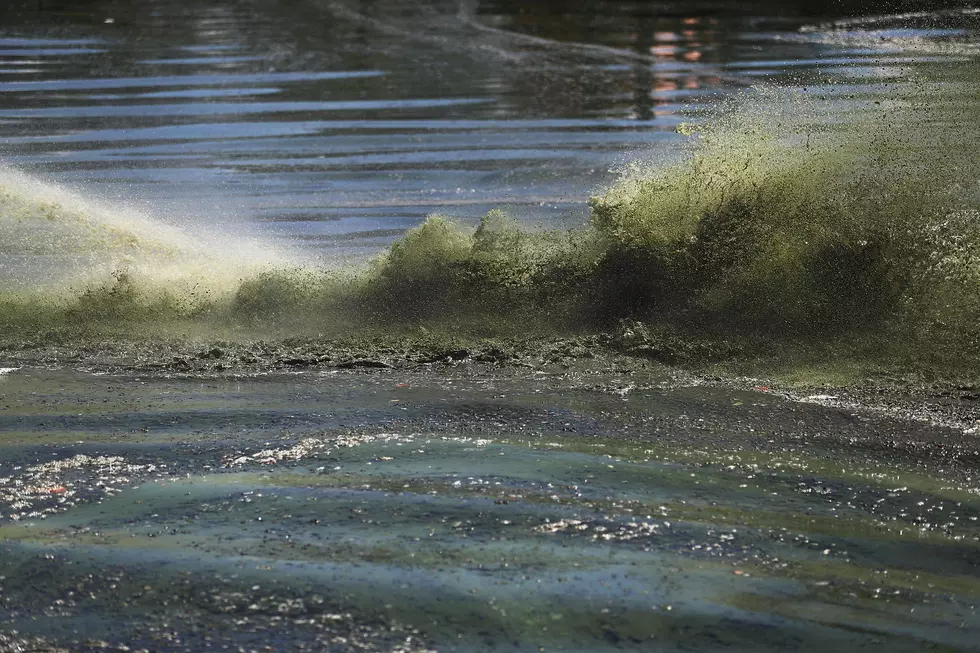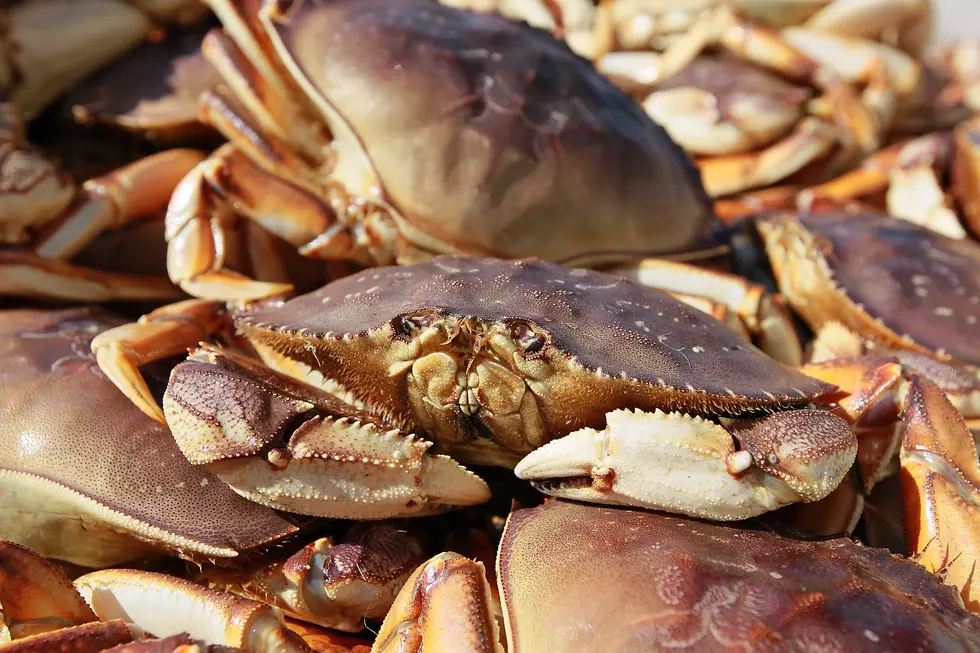
Warm Pacific Ocean ‘Blob’ Facilitated Vast Toxic Algae Bloom
SEATTLE (AP) — A new study finds that unusually warm Pacific Ocean temperatures helped cause a massive toxic algae bloom last year that closed lucrative fisheries from California to British Columbia and disrupted marine life from seabirds to sea lions.
Scientists linked the patch of warm ocean water, nicknamed the "blob," to the vast ribbon of toxic algae that flourished in 2015.
It produced record-breaking levels of a neurotoxin that is harmful to people, fish and marine life.
The outbreak of the toxin domoic acid was the largest ever recorded on the West Coast.
It closed razor clam seasons in Washington and Oregon and delayed lucrative Dungeness crab fisheries along the coast.
High levels were also detected in many stranded marine mammals.
The study's lead author was the University of Washington's Ryan McCabe.
More From News Talk KIT









